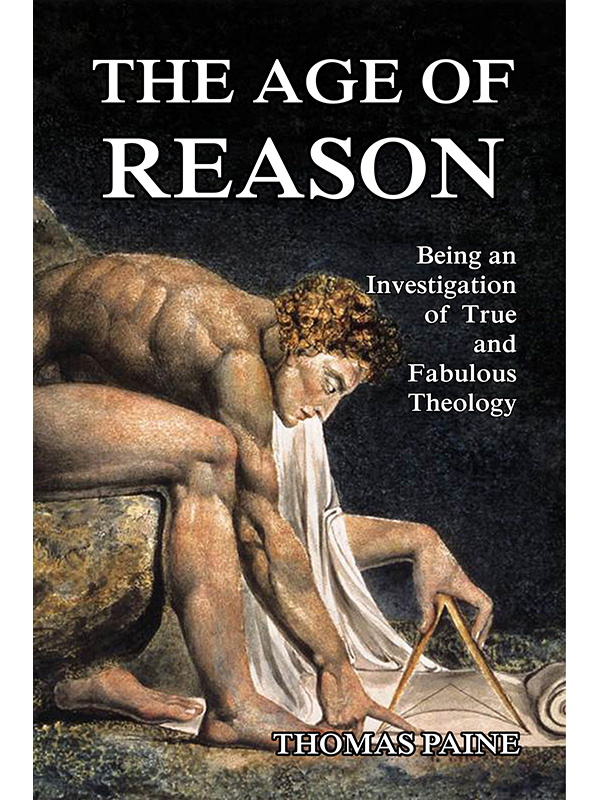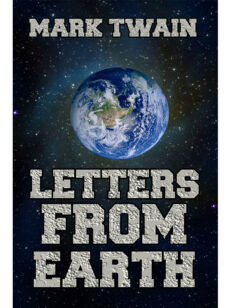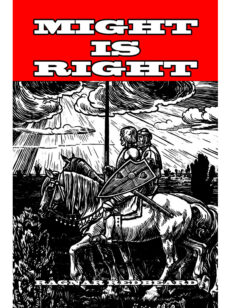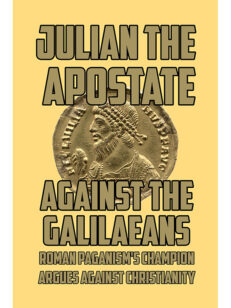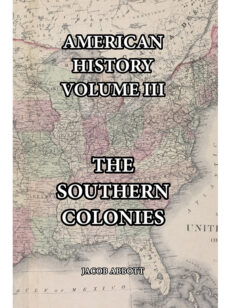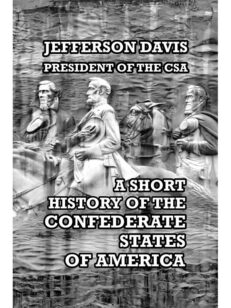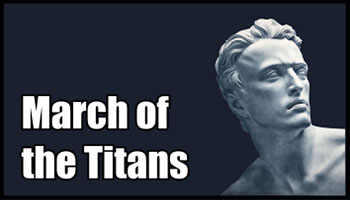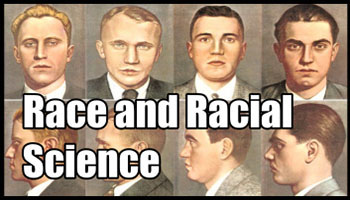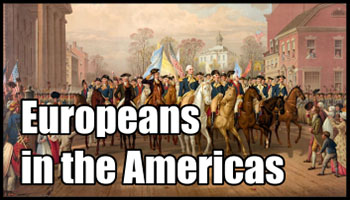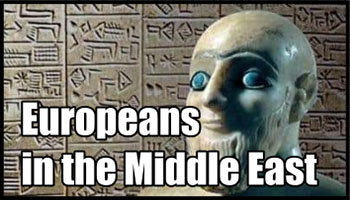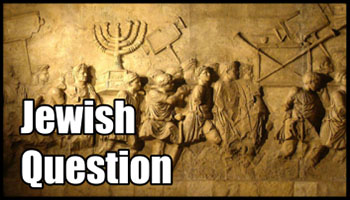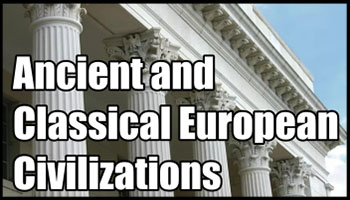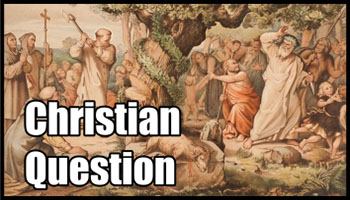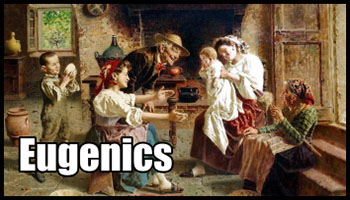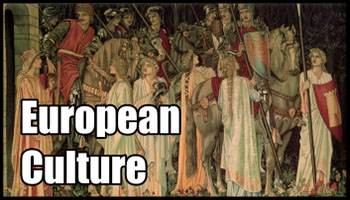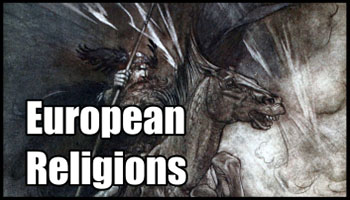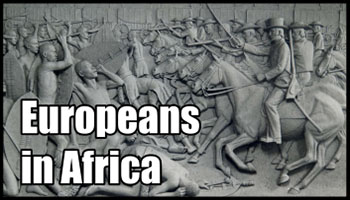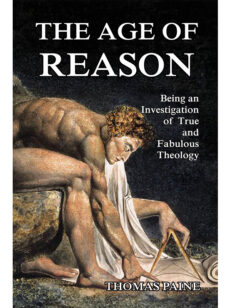Description
By Thomas Paine. Written by the ideological father of the American Revolution, this work challenges institutionalized religion and the legitimacy of the Bible, using a chapter-by-chapter critical analysis of the Old and New Testaments which reveals the many contradictions, absurdities, and obvious lies contained therein. It also lays out the basis for Deism, the belief in a creative force, or nature, rather than a supernatural being.
The work was a bestseller in the revolutionary-era United States, where it caused a deistic revival. Many of the leading American Revolutionary figures such as Benjamin Franklin and Thomas Jefferson were confirmed Deists, and Paine’s writings are the single greatest reason why the American Constitution only referred to a “God” and a “Creator” while specifically eschewing any mention of Christianity, and why the First Amendment explicitly forbid the establishment of any official church or creed.
Paine did not shirk from identifying Judaism as being the origin of Christianity, and was scorching in his criticism of Jews in particular:
“Could we permit ourselves to suppose that the Almighty would distinguish any nation of people by the name of his chosen people, we must suppose that people to have been an example to all the rest of the world of the purest piety and humanity, and not such a nation of ruffians and cut-throats as the ancient Jews were,—a people who, corrupted by and copying after such monsters and imposters as Moses and Aaron, Joshua, Samuel, and David, had distinguished themselves above all others on the face of the known earth for barbarity and wickedness.”
An intellectual tour de force, often suppressed and once officially banned by the British government, this edition has been completely reset and contains the complete original text.
About the author: Thomas Paine (1737–1809) was an English-American political activist, author, political theorist and revolutionary. As the author of two highly influential pamphlets at the start of the American Revolution, he inspired the 1776 Declaration of Independence from Britain and can therefore rightly be called the ideological father of the American Republic. Born in Thetford, England, in the county of Norfolk, Paine emigrated to the British American colonies in 1774 with the help of Benjamin Franklin, arriving just in time to participate in the American Revolution. His principal contributions were the powerful, widely read pamphlet Common Sense (1776), the all-time best-selling American book that advocated colonial America’s independence from the Kingdom of Great Britain, and The American Crisis (1776–83), a pro-revolutionary pamphlet series. Common Sense was so influential that John Adams said, “Without the pen of the author of Common Sense, the sword of Washington would have been raised in vain.”
188 pages. Paperback.

